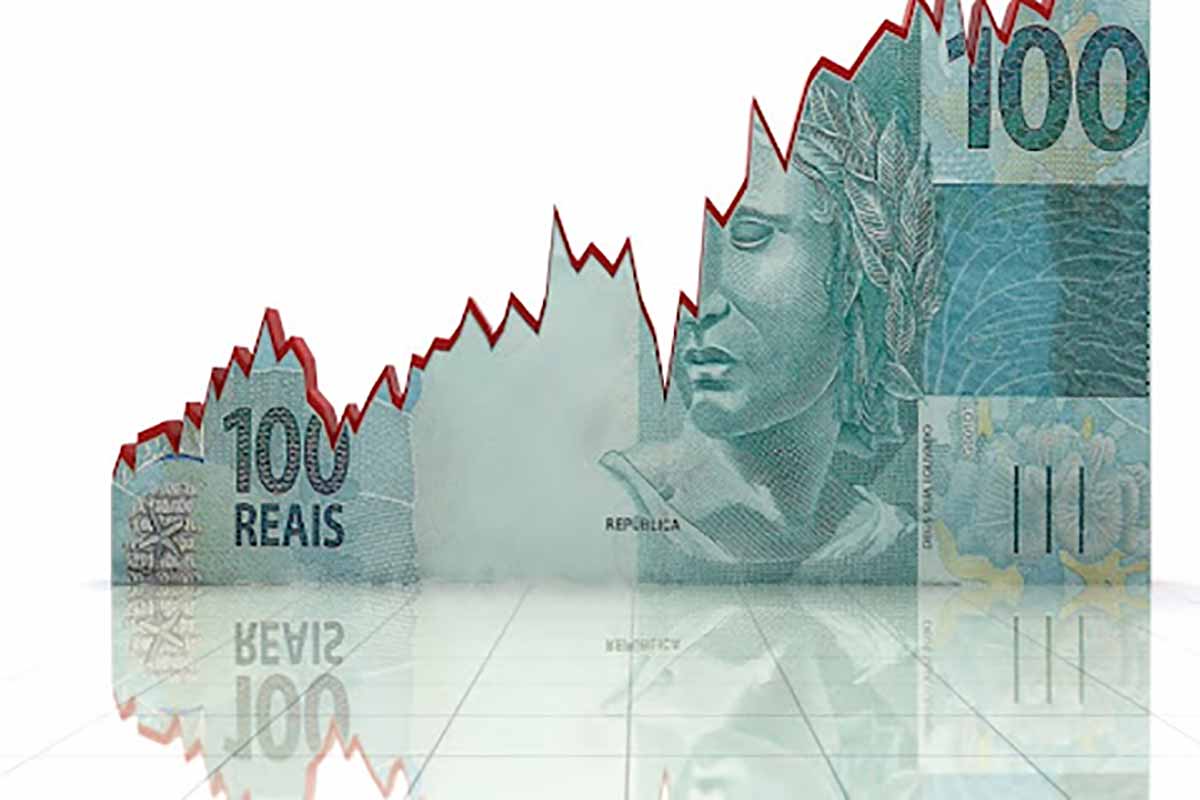 In December 2023, the Brazilian Senate approved gambling regulations that apply to both betting and online casinos. This event ended up legalizing gambling throughout Brazil, triggering a series of changes, especially in the financial field, which aim to make the sector one of the pillars of the state's economy, thanks to the taxes that will be levied on suppliers and revenue from all types. of players. online casinos, including casinos that offer slots with sign-up bonuses. The population watched with great enthusiasm the entry into force of the new rules for online casinos, which will guarantee an increasingly safe and fair gaming market.
In December 2023, the Brazilian Senate approved gambling regulations that apply to both betting and online casinos. This event ended up legalizing gambling throughout Brazil, triggering a series of changes, especially in the financial field, which aim to make the sector one of the pillars of the state's economy, thanks to the taxes that will be levied on suppliers and revenue from all types. of players. online casinos, including casinos that offer slots with sign-up bonuses. The population watched with great enthusiasm the entry into force of the new rules for online casinos, which will guarantee an increasingly safe and fair gaming market.The economic potential of the new training landscape The economic and social potential of the new regulations will contribute significantly to tax revenues and employment. Official estimates put numbers at around R$10 billion per year, in addition to R$4 billion every five years for licensing fees. This could mean that the legalization of gambling will bring around US$2 million per year to public coffers, through operators alone.
The tax system on players' income Furthermore, taking into account the tax on players' income, it is expected that they can double their annual income, up to a forecast of 4 million per year. With the new gambling rules, it has effectively been decided that winnings will be taxed at 15%, while traders will face a 12% tax rate.
The licensing scenario foreseen by the government With regard to the purchase of licenses, the government decided that whoever wants to obtain them will have to pay R$30 million, which is equivalent to approximately US$6 million. The license is valid for five years and in addition, operators must guarantee an initial capital of at least R$100,000. Foreign operators wishing to obtain a license in Brazil must have a partner of Brazilian nationality who owns at least 20% of the company. To this is added the creation of an agency exclusively responsible for verifying licenses and whose task will be to carefully check all documents to prevent possible tax fraud. Taxation is fundamental to the new regulations, allowing the State to distribute tax revenues across different sectors, including education, public health, tourism, sport and social security. It is also expected that unclaimed prize money will go directly to student funds.
This 360-degree approach allows for a structured operation that becomes increasingly detailed over time. In addition, advertising guidelines were also issued, with provisions covering several points, including the mandatory inclusion of risk warnings, the prohibition of misleading advertising and the explicit prohibition of the use of language directed at minors.
Revenue expected by the Brazilian government in the gaming market in Brazil. In the next three years, revenue in the Brazilian Igaming market is expected to exceed R$100 billion, or approximately US$200 million. It is thought that the majority of this revenue could come from tourism, as more and more companies are considering investing in foreign gambling markets, and Brazil appears to be one of the best at the moment with its legislation. Operating in a regulated market brings much more security and confidence to the various companies in the sector, as well as greater credibility for the player who intends to bet.
Legislation that facilitates the development of the sector. This new legislation was created, therefore, to enable the growth of the Brazilian market, especially in light of investors from other countries. However, if we think about consumers, the government has taken great care to protect them from all points of view. Operators will first need to monitor players' wins and losses within a certain amount and will also be supported by local payment methods for better financial control over income and expenses. Through these analyzes we can say with certainty that the IGaming sector in Brazil is destined for constant growth in the coming years, mainly thanks to technological progress and new legislation.
